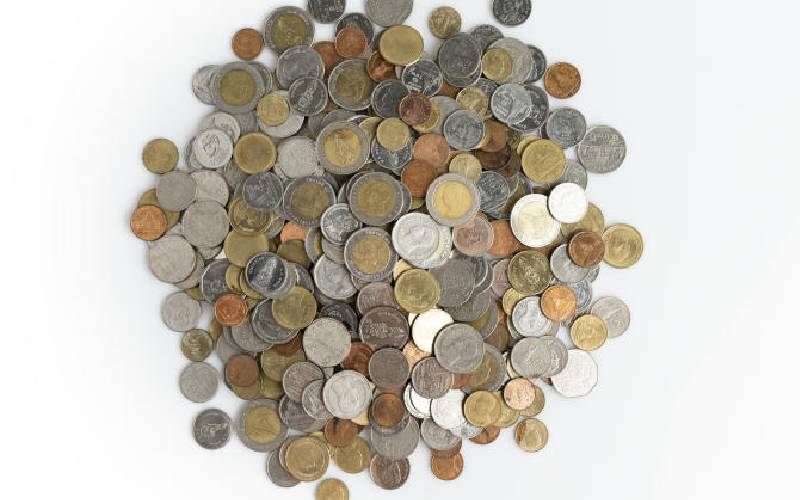×
The Standard e-Paper
Stay Informed, Even Offline

They were once the kings in settling transactions. Nearly every item required some 50 cent or Sh1 coin. But now they lie in jars and drawers— ignored and forgotten.